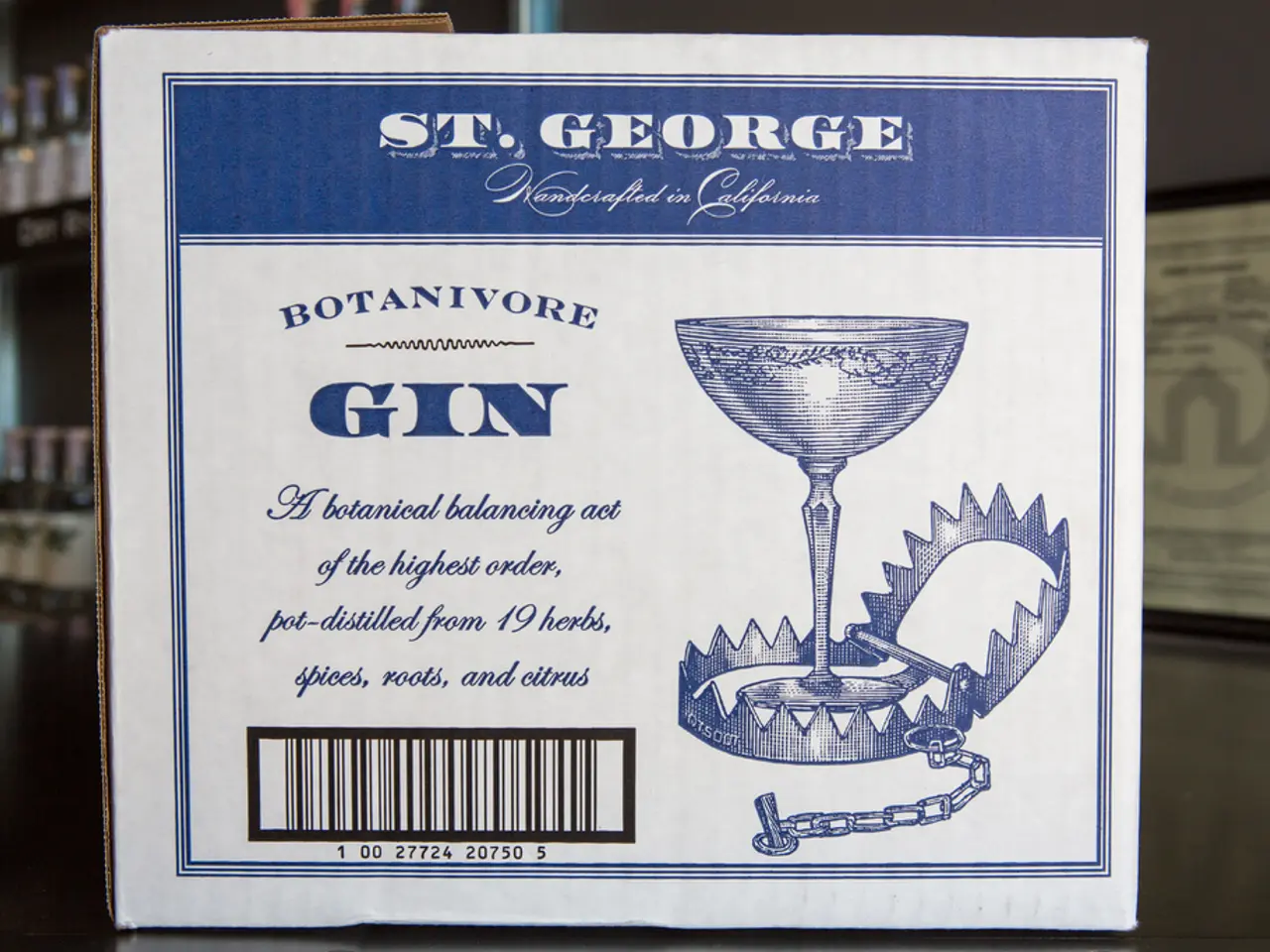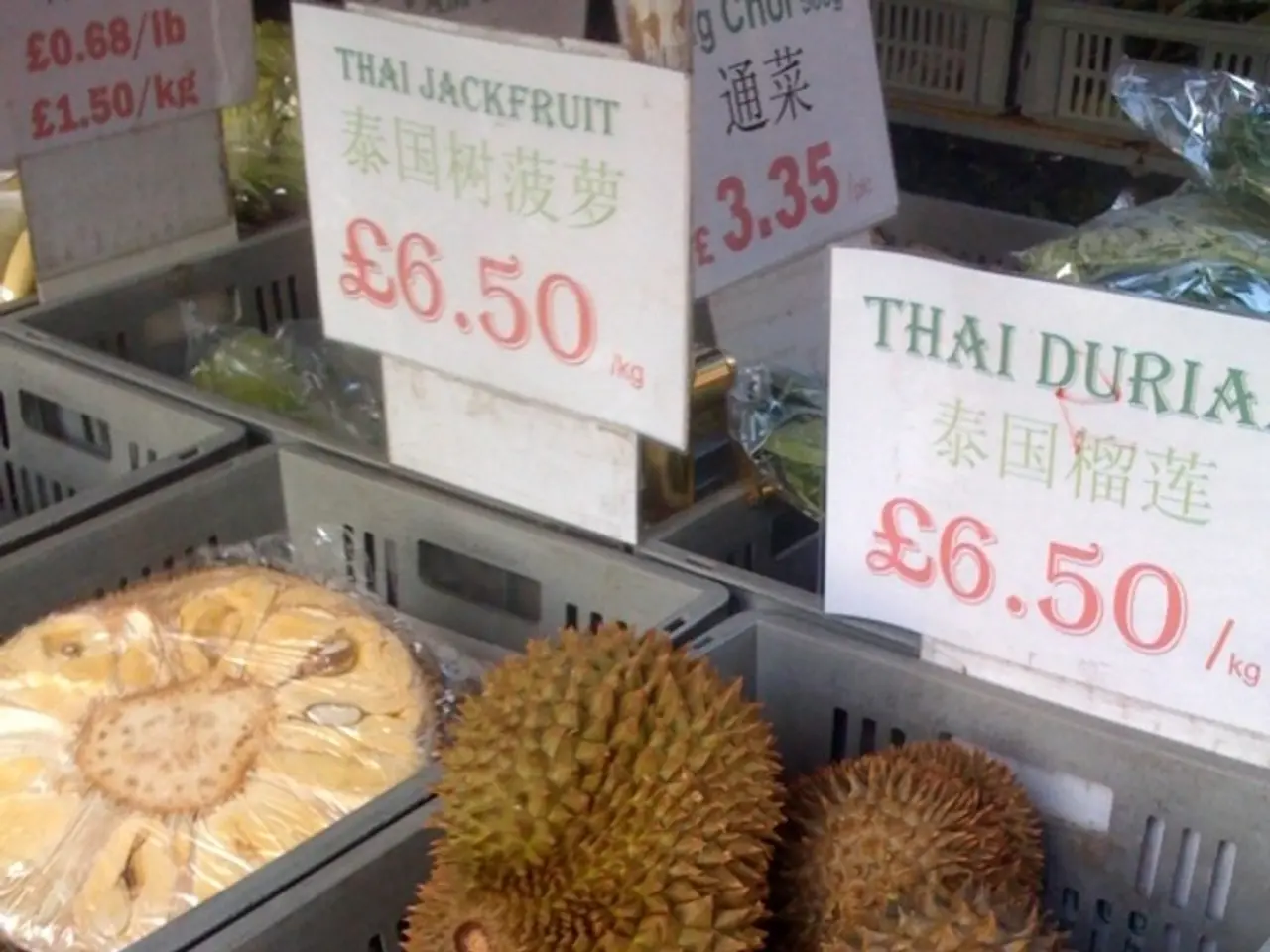Petroleum Corporation Lowers Petrol Cost Once More
In a significant development for Nigerian motorists, the Nigerian National Petroleum Company Limited (NNPCL) has announced a reduction in the price of Premium Motor Spirit (PMS), otherwise known as petrol, to ₦890 per litre. This represents a ₦5 decrease from the previous price of ₦895 per litre.
The price reduction comes barely a week after the company first introduced a retail price reduction for petrol. The NNPCL's move is aimed at easing the financial burden on consumers and addressing the rising cost of transportation and general consumer costs.
The fluctuations in fuel prices are a direct outcome of the deregulated downstream oil sector, according to the National President of the Independent Petroleum Marketers Association of Nigeria (IPMAN), Abubakar Maigandi. He emphasised that the pricing of fuel depends on global crude oil prices, exchange rates, logistics, and local market conditions.
The pricing gap between NNPCL and some major retailers, such as AP Ardova, Optima, MRS, and Bovas, may be linked to supply source advantages and efficiency in distribution from the newly operational Dangote Refinery. These retailers are selling fuel at a slightly cheaper rate of ₦885 per litre.
The NNPCL CEO, Bayo Ojulari, also addressed the issue of refinery sales, claiming that the sale of the refinery is not out of the question. However, no further details have been provided regarding this potential sale.
The Dangote Refinery, which started local refining recently, still imported crude oil initially from countries like the USA and Brazil, leading to higher petrol prices to maintain refinery profitability. To reduce costs, the Nigerian government has agreed to supply crude to Dangote Refinery in Naira currency starting October 2024, aiming to lower petrol prices and reduce inflationary pressure on transportation and general consumer costs.
The EFCC has uncovered 'mind-boggling' corruption in NNPCL Olukoyede, but this matter is separate from the recent price reduction.
Nigeria is partnering with S&P Global Commodity Insights to develop localised regional pricing indices for petroleum products. This aims to reflect West Africa’s unique market conditions better than global posted prices, improving price transparency and supporting investment and energy security. Dangote’s large refining capacity (650,000 barrels/day) positions Nigeria as a significant regional player influencing prices.
Stakeholders in the downstream sector have called on the Federal Government to intensify efforts toward stabilising the naira and supporting local refining. The price drop of PMS to ₦890 per litre has brought some relief to motorists, but many commuters and transport operators say the price is still high and has had minimal impact on transportation fares across the city.
Sources: [1] Nairametrics, 2021. [2] S&P Global, 2021. [3] ThisDay Live, 2021. [4] Vanguard, 2021.
- The price reduction in petrol by the Nigerian National Petroleum Company Limited (NNPCL) from ₦895 per litre to ₦890 per litre is an attempt to ease the financial burden on consumers and address the rising cost of transportation and general consumer costs in Nigeria.
- The recent price reduction of petrol by NNPCL follows the announcement of a retail price reduction that took effect barely a week prior.
- The Nigerian government has agreed to supply crude to Dangote Refinery in Naira currency starting October 2024, with the aim of lowering petrol prices and reducing inflationary pressure on transportation and general consumer costs.
- In a bid to improve price transparency and support investment and energy security, Nigeria is partnering with S&P Global Commodity Insights to develop localised regional pricing indices for petroleum products, reflecting West Africa’s unique market conditions.




